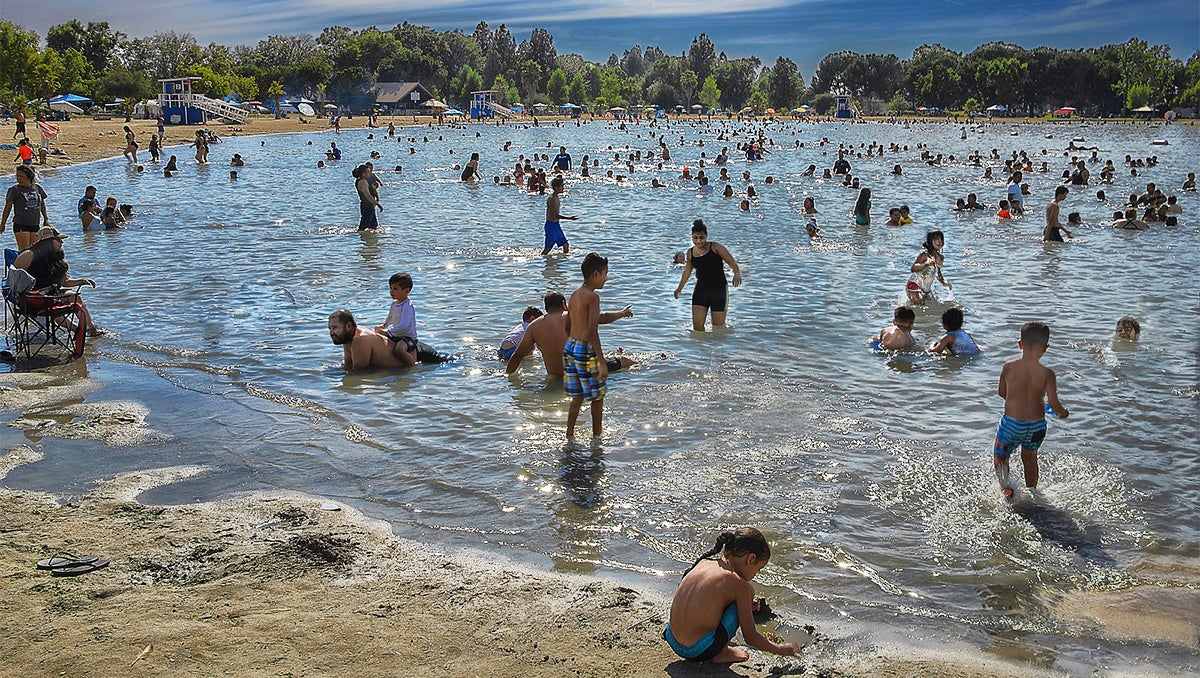Misconceptions About Weather and Seasonality Impact COVID-19 Response

Posted in News Release | Tagged 2019 Novel Coronavirus, COVID-19, infectious disease, seasonality
Media Contact
Karen Teber
km463@georgetown.edu
WASHINGTON (August 27, 2020) — Misconceptions about the way climate and weather impact exposure and transmission of SARS-CoV-2, the virus that causes COVID-19, create false confidence and have adversely shaped risk perceptions, say a team of Georgetown University researchers.
“Future scientific work on this politically-fraught topic needs a more careful approach,” write the scientists in a “Comment” published today in Nature Communications.
The authors include global change biologist Colin J. Carlson, PhD, an assistant professor at Georgetown’s Center for Global Health Science and Security; senior author Sadie Ryan, PhD, a medical geographer at the University of Florida; Georgetown disease ecologist Shweta Bansal, PhD; and Ana C. R. Gomez, a graduate student at UCLA.
The research team says current messaging on social media and elsewhere “obscures key nuances” of the science around COVID-19 and seasonality.
“Weather probably influences COVID-19 transmission, but not at a scale sufficient to outweigh the effects of lockdowns or re-openings in populations,” the authors write.
The authors strongly discourage policy be tailored to current understandings of the COVID-climate link, and suggest a few key points:
- No human-settled area in the world is protected from COVID-19 transmission by virtue of weather, at any point in the year.
- Many scientists expect COVID-19 to become seasonal in the long term, conditional on a significant level of immunity, but that condition may be unmet in some regions, depending on the success of outbreak containment.
- All pharmaceutical and non-pharmaceutical interventions are currently believed to have a stronger impact on transmission over space and time than any environmental driver.
“With current scientific data, COVID-19 interventions cannot currently be planned around seasonality,” the authors conclude.
The authors report having no personal financial interests related to the study.
DOI 10.1038/s41467-020-18150-z
